The United States military has killed 14 people in air and naval strikes targeting four suspected drug-trafficking boats in the eastern Pacific Ocean, according to Defense Secretary Pete Hegseth.
The operation took place on Monday. Officials say it was under the direction of President Donald Trump. This marks an escalation in Washington’s campaign against narcotics smuggling routes stretching across Latin America.
According to Hegseth, U.S. intelligence identified the four vessels as “known narco-trafficking boats” operating along established smuggling corridors and allegedly transporting narcotics.
He said eight individuals were killed in the first strike, followed by four and three in subsequent attacks. One survivor was reportedly rescued by Mexican naval authorities, who continue to search the area roughly 400 miles (640 km) southwest of Acapulco.
“The Department has spent over two decades defending other nations’ borders. Now, we’re defending our own.” Hegseth wrote in a post on X. He shared videos that appeared to show the targeted boats engulfed in flames following U.S. munitions strikes.
Mexico’s Navy (SEMAR) confirmed that its forces had deployed a patrol vessel and aircraft to the area. They aimed to safeguard human life at sea. However, they did not provide details about the survivor’s condition or location.
Regional Tensions Rise
The strikes are the latest in a string of U.S. operations in both the Pacific and Caribbean, which Washington says are aimed at disrupting drug smuggling routes.
Since the campaign began, at least 57 people have been killed, deepening diplomatic rifts between the U.S. and several Latin American governments — including Mexico, Colombia, and Venezuela.
Mexican President Claudia Sheinbaum condemned Monday’s operation, saying her administration “does not agree with these attacks.”
She spoke at a press briefing. She confirmed that Mexico’s foreign ministry and navy officials have requested an urgent meeting with the U.S. ambassador to discuss the strikes.
“We want all international treaties to be respected,” Sheinbaum said.
Legal Concerns and Congressional Pushback
Members of the U.S. Congress have raised concerns over the legality and scope of the strikes. This concern comes from members across both parties. They are questioning whether President Trump has the authority to authorize such attacks in international waters without congressional approval.
International law experts have echoed those doubts.
“Summarily executing people suspected of drug trafficking is a greater crime than the act of trafficking itself.” Mary Ellen O’Connell made this statement. She is a professor at Notre Dame University and an expert on international law. “Criminal suspects are entitled to due process.”
Critics argue that the operations violate international humanitarian law. This is especially true if individuals on the targeted vessels had no means of defense. They also have had no opportunity for capture.
Diplomatic tension is also growing with Colombia and Venezuela, where governments have denounced the U.S. actions as “disproportionate” and “illegal.”
Colombian Deputy Foreign Minister Mauricio Jaramillo gave an interview to the BBC. He said those aboard the boats were struck “without judicial order or due process.”
Meanwhile, Venezuela’s attorney general accused Washington of seeking to destabilize the region. He also claimed they aim to exploit natural resources. This includes gold and oil reserves.
The U.S. has imposed sanctions on Colombian President Gustavo Petro, accusing him of failing to contain drug cartels. Washington also continues to refuse recognition of Venezuelan President Nicolás Maduro. His 2024 election was widely criticized as unfree and unfair.
Growing U.S. Military Presence
The Trump administration has deployed naval vessels, aircraft, and troops to both the Caribbean and Pacific. Last week, the U.S. Navy sent its largest warship, the USS Gerald R. Ford, to the region, signaling an intensifying anti-narcotics campaign.
President Trump has defended the strategy, claiming he has legal authority to order strikes in international waters. He has also said he is “totally prepared” to expand the campaign to land-based targets. Such a move would represent a major escalation. It would require congressional approval.
A Risky Expansion of U.S. Power
The latest wave of strikes underscores the administration’s aggressive approach to drug enforcement. However, it raises questions about its long-term strategy. It also raises concerns about adherence to international norms.
While Washington argues the operations are necessary to protect U.S. borders, analysts warn that civilian casualties, legal challenges, and diplomatic fallout outweigh any immediate security gains.

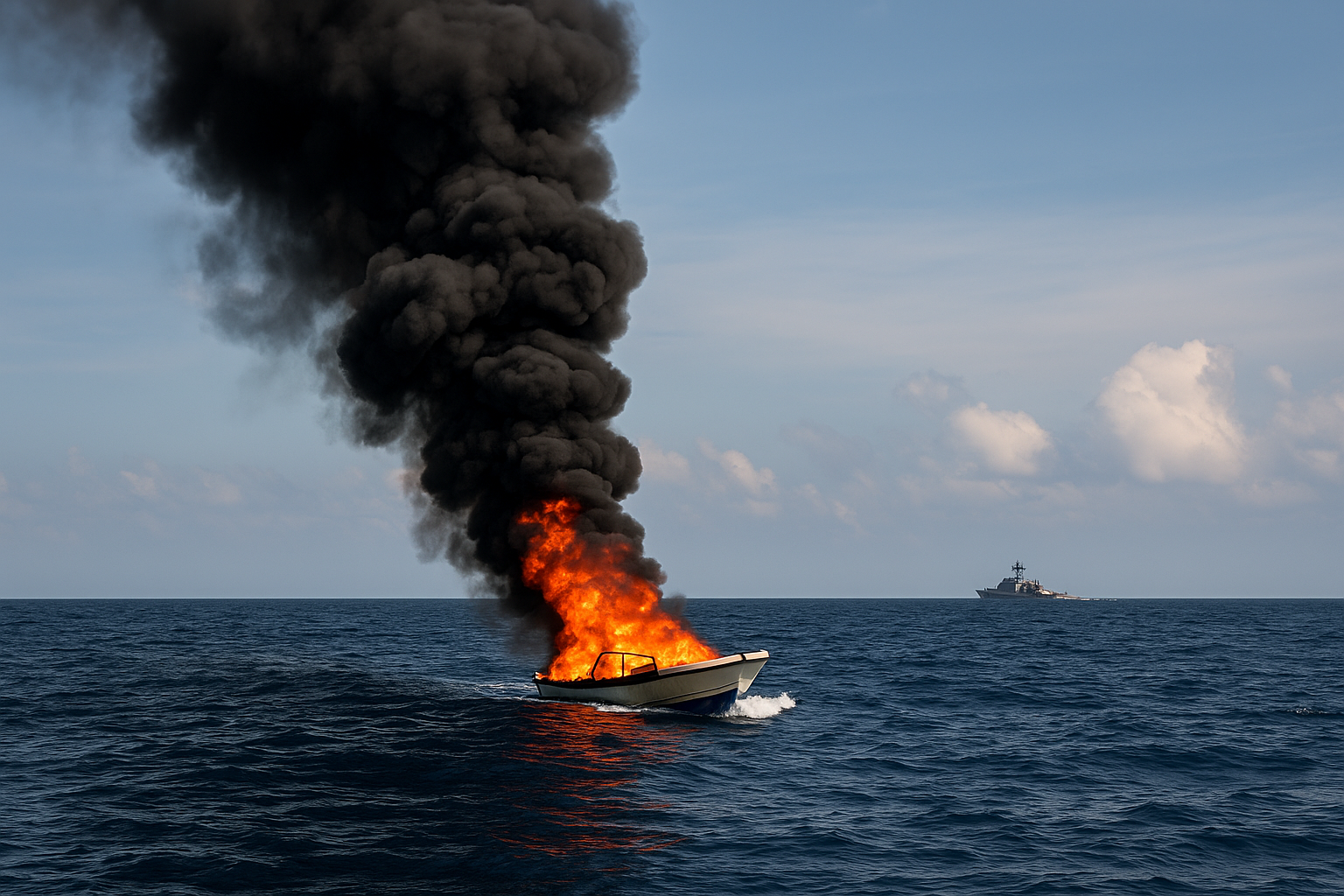
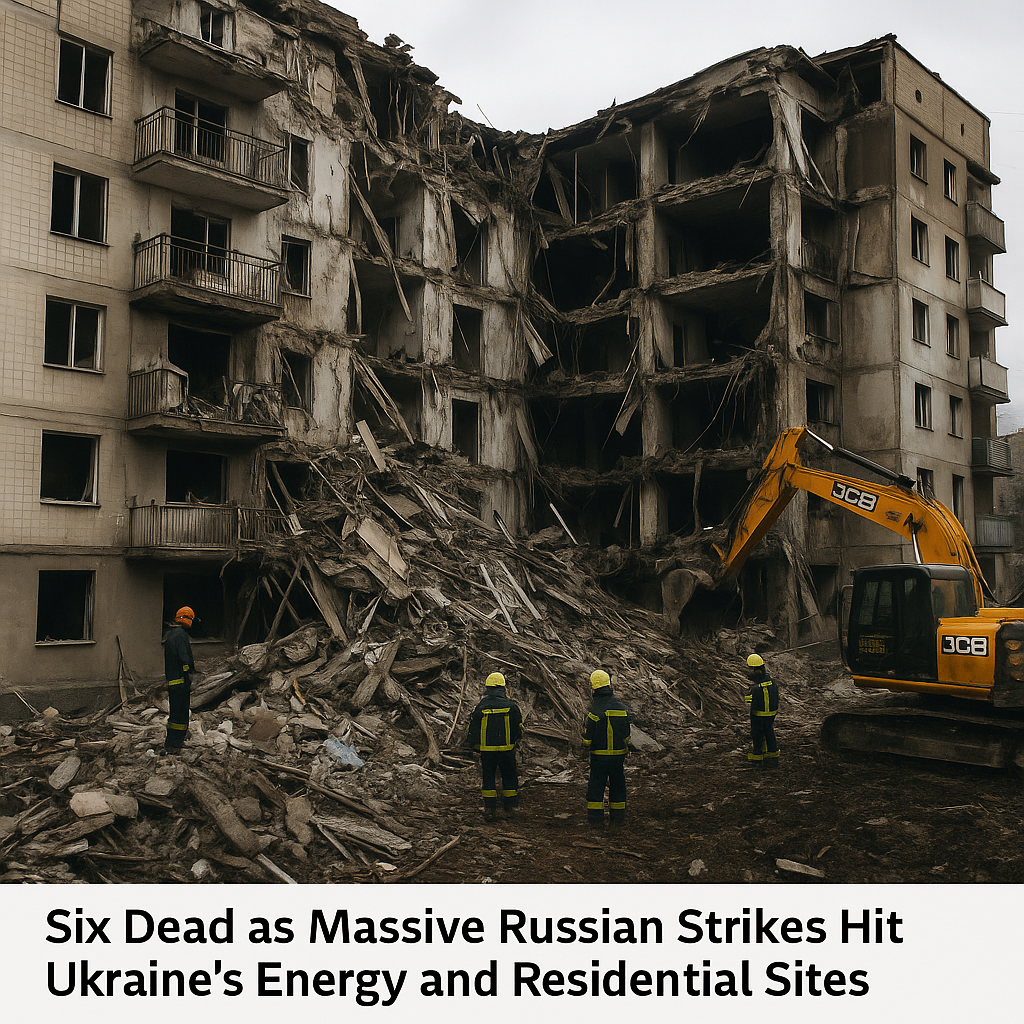
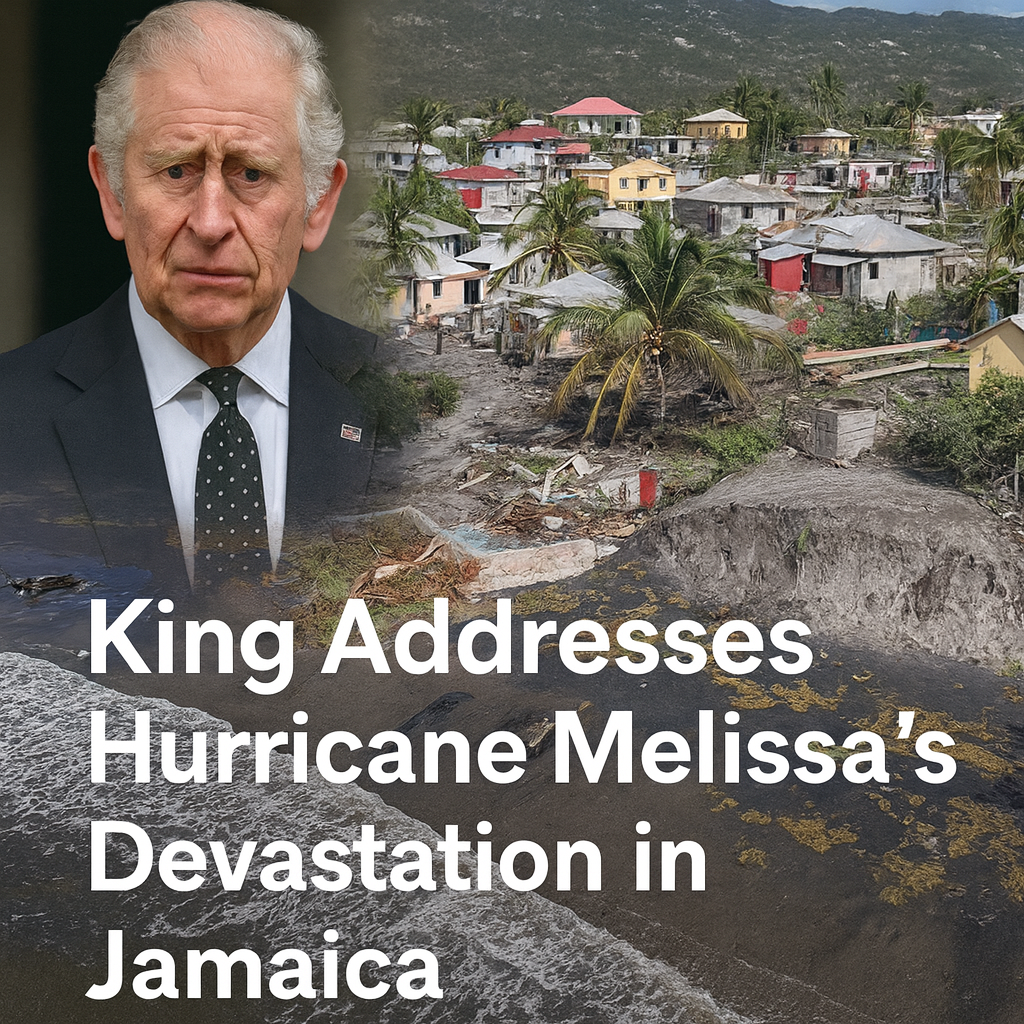
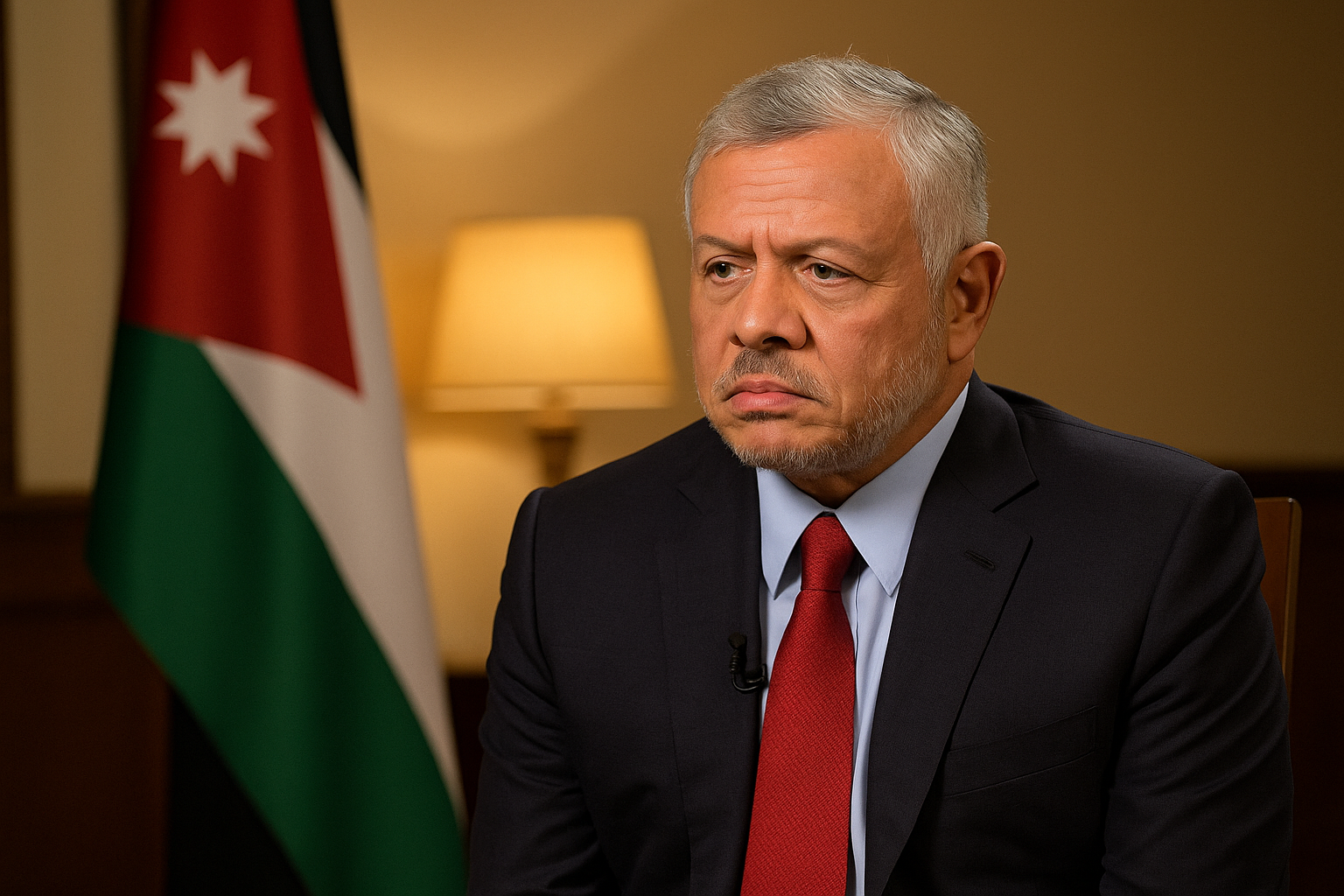
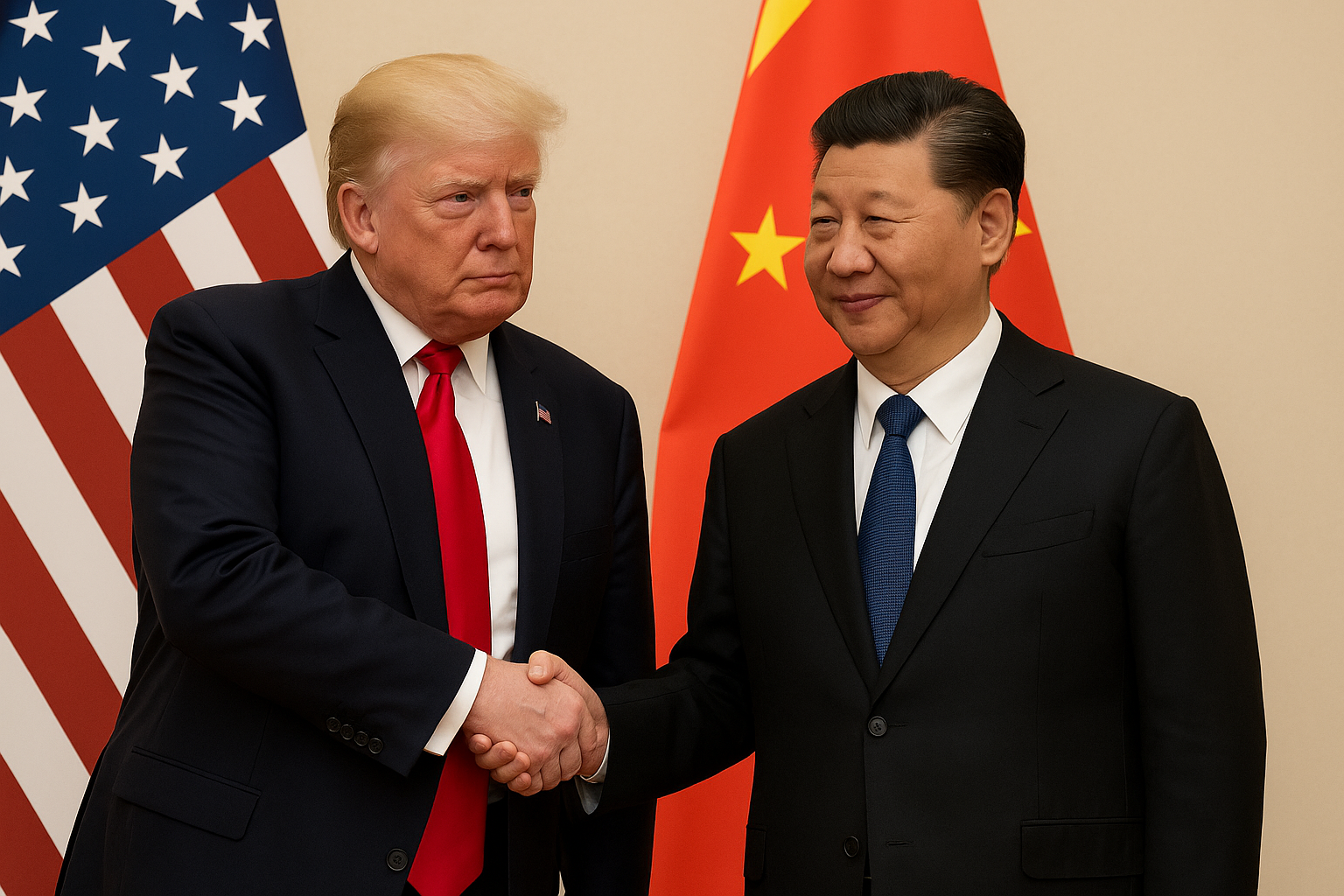
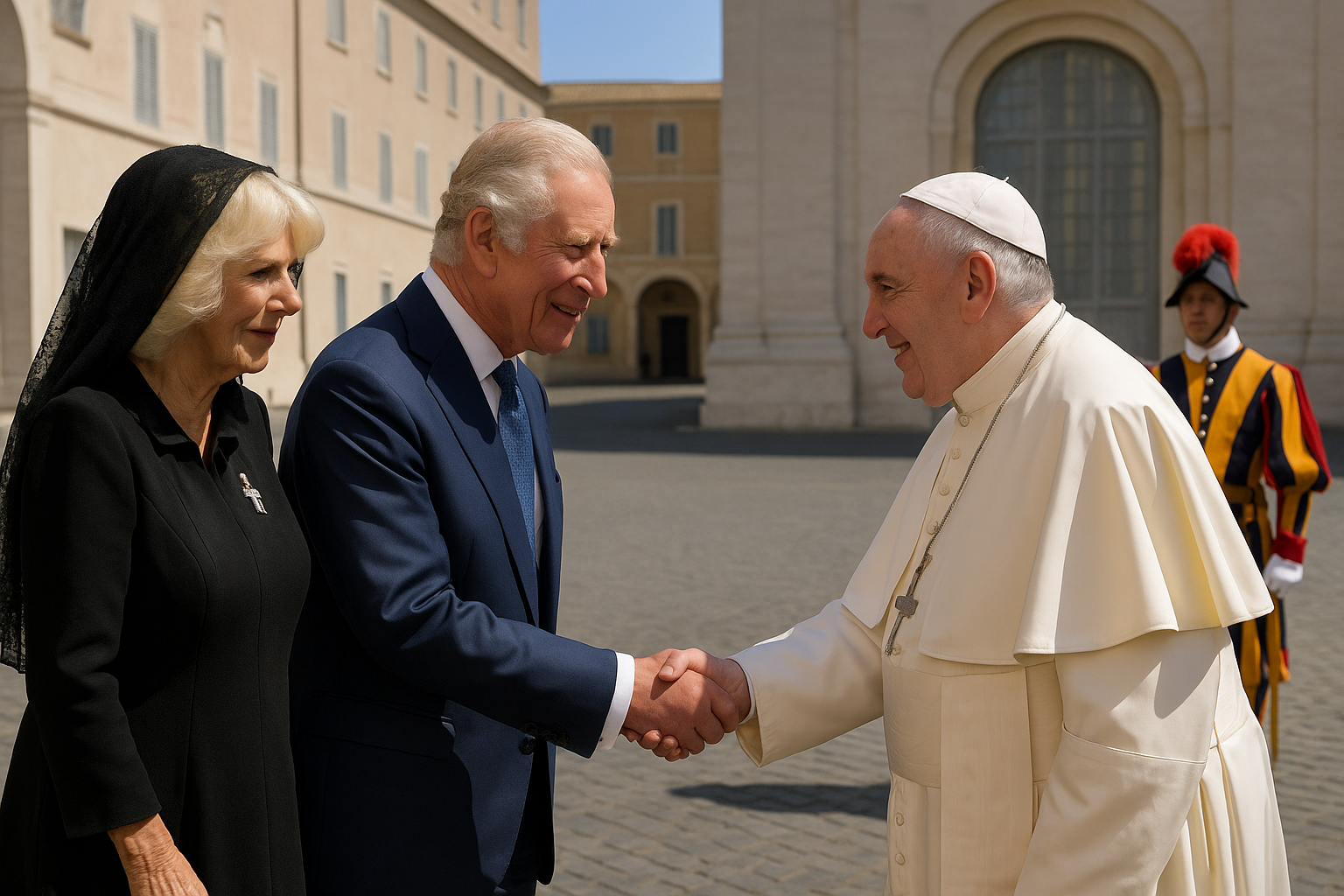
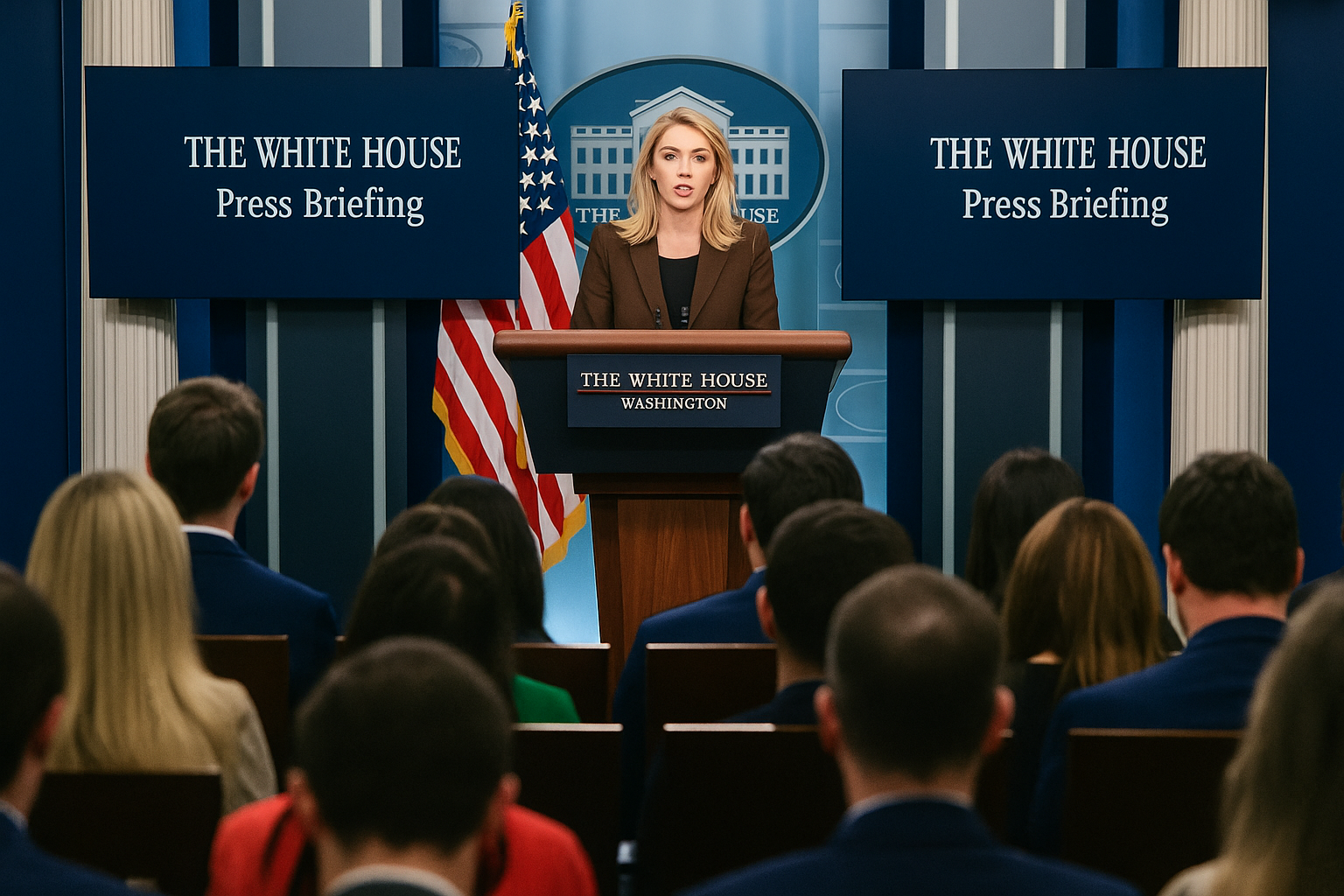

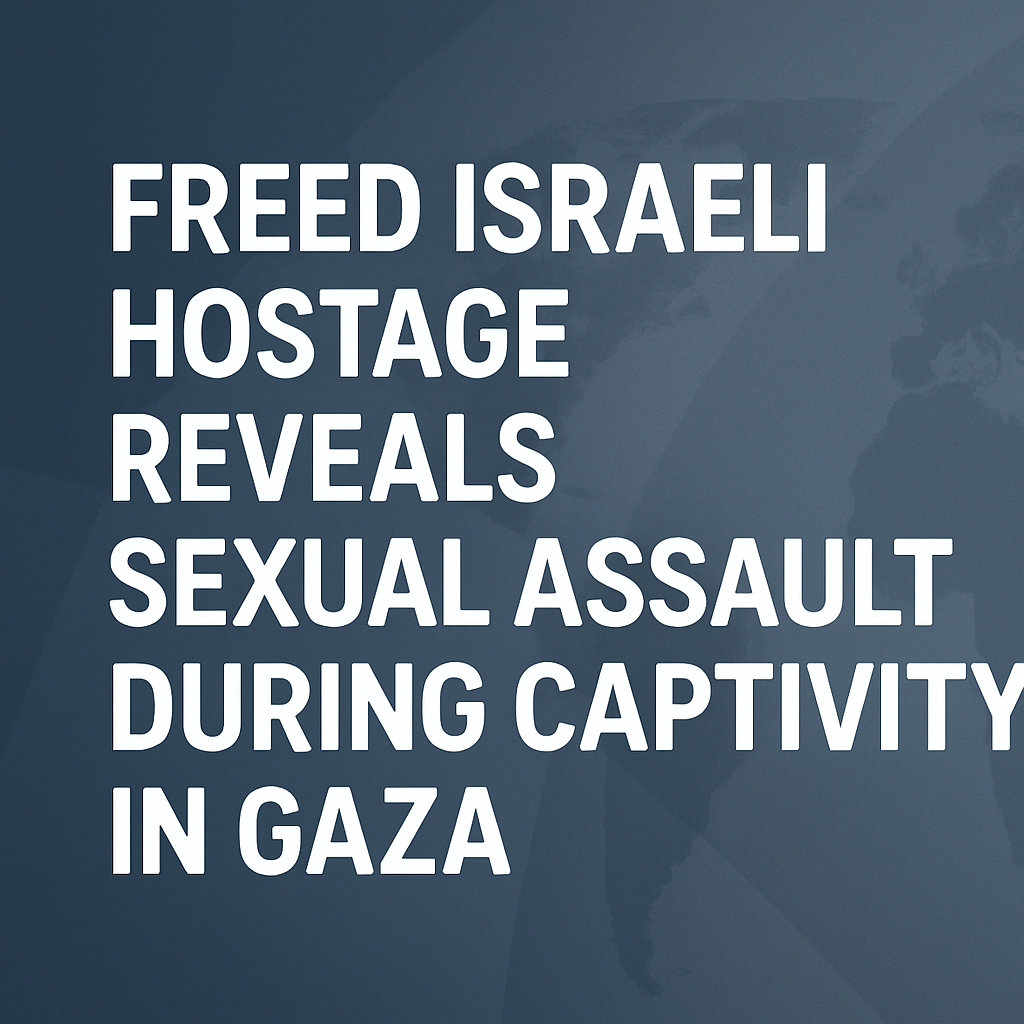

Leave a Reply